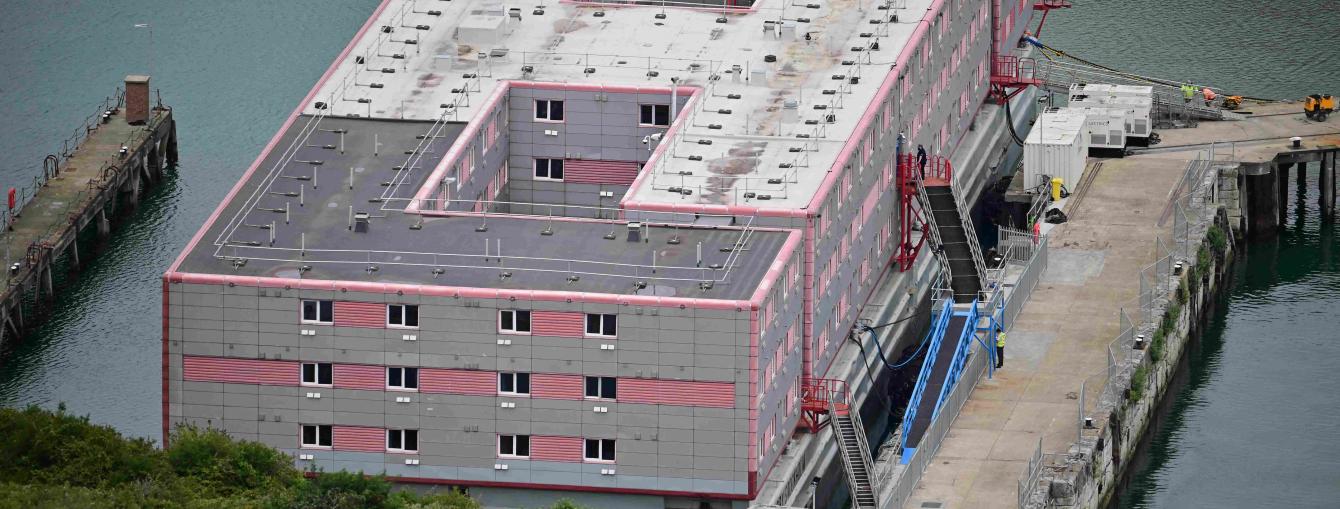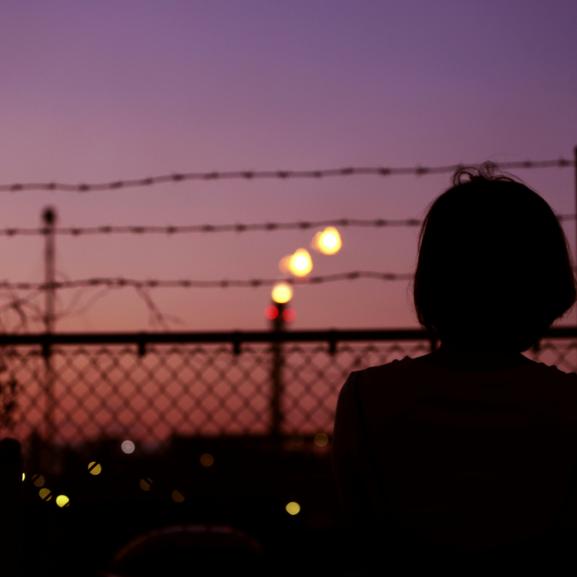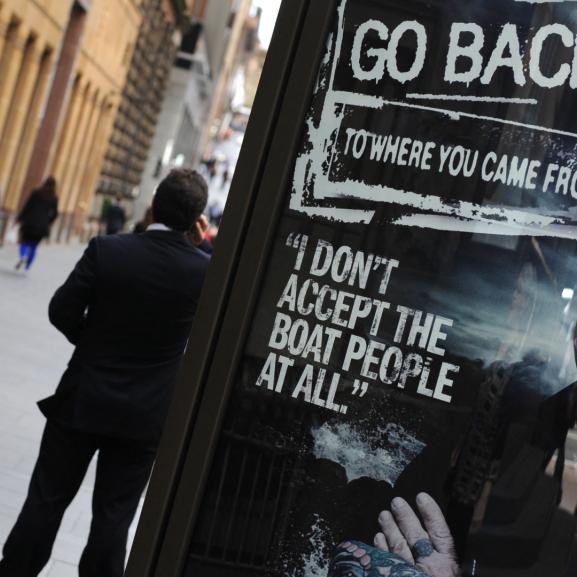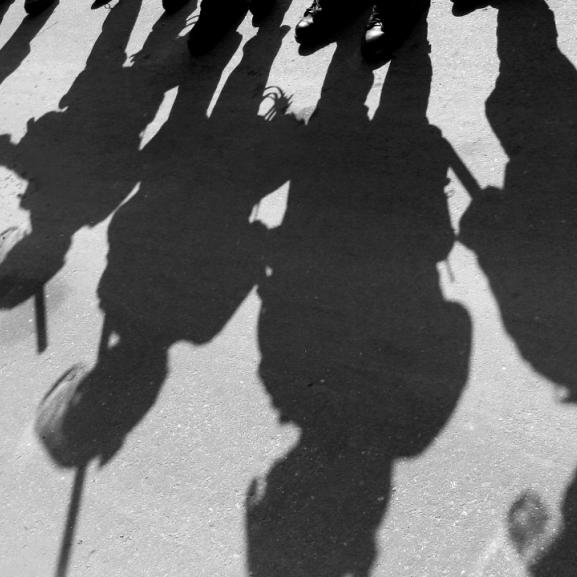Bibby Stockholm: Why refugees and torture survivors shouldn’t be housed on floating prisons
In recent months the Government has been the centre of controversy with its focus on the Bibby Stockholm, a floating barge that resembles a prison and is designed to house refugees. But accommodation schemes like barges and tents pitched on abandoned military bases are cruel and simply not fit for purpose.
The Bibby Stockholm, which has been branded a ‘potential death trap’ by fire services and contained traces of potentially deadly Legionella, is far from the ‘perfectly decent accommodation’ one Minister described it as.
In fact, there’s been lots of misunderstanding about how suitable accommodation like barges are for people fleeing danger and persecution. So here are four reasons why refugees and torture survivors should not be housed on floating prisons.
1. Being back on the water will lead to re-traumatisation
At Freedom from Torture our therapists work with survivors of torture every day – and almost all of the people we treat have endured horrific journeys across water to reach safety.
Living in temporary and unsuitable accommodations like barges or hotels can have serious effects on people, aggravating complex trauma and post-traumatic stress disorder (PTSD) for example through nightmares and flashbacks.
2. Conditions onboard are cramped and overcrowded
The Bibby Stockholm was designed to accommodate around 200 people, but the Government has said the barge will house up to double that number. Refugees on the barge will be expected to share small bedrooms and navigate narrow corridors and exits.
Speaking to the media, one person who was meant to be housed on the barge has said that “if you squeezed me in a smaller place, you are putting me back to that small room where I was hiding when ISIS was attacking our area.”
These types of sites encourage isolation and not integration. They can be reminiscent of the places of detention in which people were tortured and can be profoundly counter-therapeutic.
3. The barge limits people’s access to support services
The Government has already seriously failed to protect the health of people housed on the barge after the first occupants were evacuated when life-threatening bacteria was found in the water system.
Once housed on the barge, refugees’ freedom of movement is seriously limited. People won’t have easy access to places of worship or services like therapy sessions – both of which can be essential for mental health recovery.
We know from the work that we do every day in our therapy rooms with survivors that suitable housing in communities is what really makes a difference to recovery and rehabilitation.
4. Living out on sea will have an impact on mental health
Many of us take safe conditions and a stress-free environment for granted every day. And for many people without pre-existing mental health issues, it would be a struggle to live in an isolated barge out at sea. But imagine what it’s like for survivors of torture.
It couldn’t be any clearer – the Bibby Stockholm is not suitable for people who have fled war, torture and other awful circumstances.
The Government must immediately abandon its policy to house refugees on barges, and instead address the asylum backlog that they have allowed to spiral out of complete control.
We need refugees to be housed within communities, where they have proper access to healthcare and legal support, and a chance to rebuild their lives.
Now more than ever, we must ramp up the fight for the kinder, fairer UK we know is possible.
Banner image credit: Ben Stansall via Getty Images







